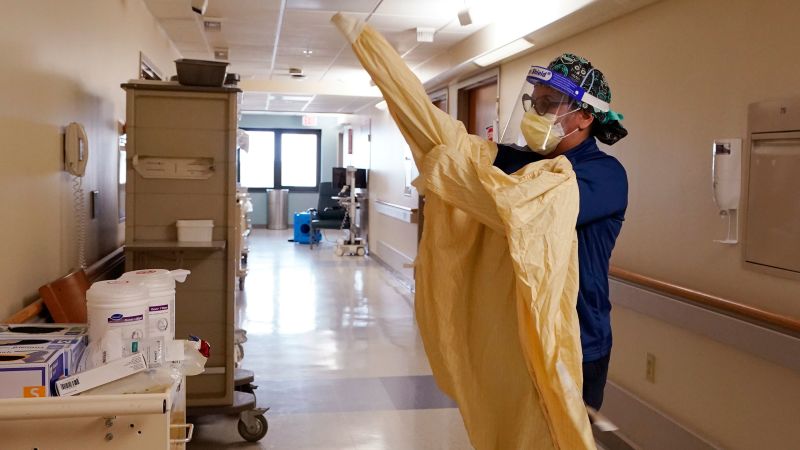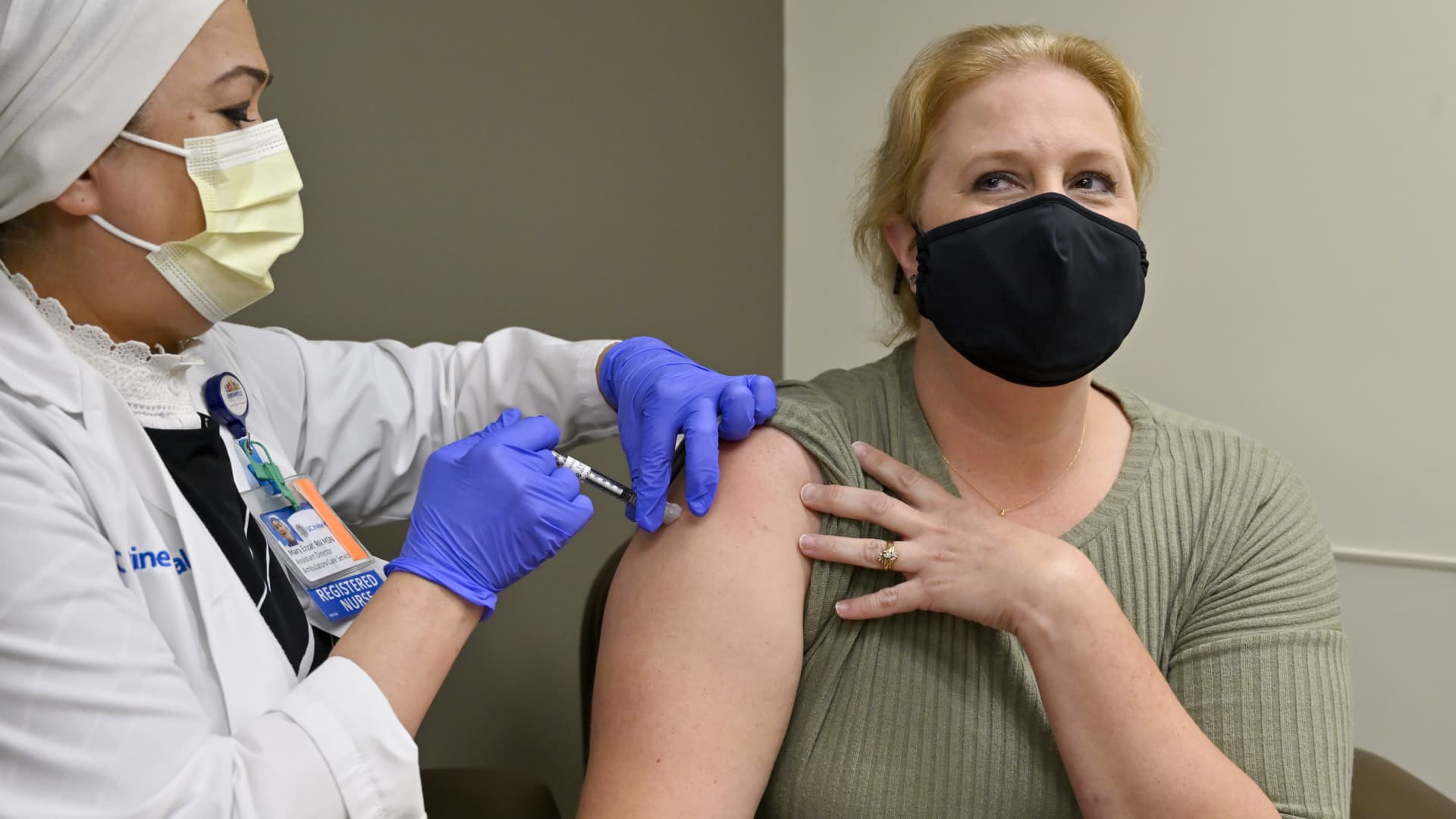Most viruses are RNA-based. RNA is similar to DNA, but it is ~1000 times more likely to mutate than DNA. RNA is often used by life as short messages that vanish right away. Think of it as passing notes between people written on toilet paper with a marker in a rain storm. The messages are fragile, smear, and disappear all the time. You have to keep writing and rewriting the message for it to get through. Maybe a smeared message is what actually makes it to the other person. Maybe they understand it, maybe not. This is why viruses are so much harder than bacteria to work with. Viruses change and keep changing.
Covid-19 has found a specific sequence of RNA that codes for proteins that act as keys to enter our cells. Most changes to that RNA will change the protein, and then the changed protein doesn't fit the lock. So while Covid is mutating rapidly, almost all mutations are failures. To answer your question, the region of Covid-19 RNA that lets it into our cells is mostly conserved. But like no two keys are 100% identical, there is some chance for multiple different keys to unlock a door. Thus, there is no perfectly conserved region here. Nature will keep trying different keys until new ones work. I haven't looked into Omicron much yet, but it appears from initial reports to have borrowed a key from one of the strains of a common cold (I think this is still to be confirmed).
The hard task with PCR is to find a conserved region that is also unique to Covid-19. Many RNA codes are conserved but are in almost everything. That would be like looking for the word "the" in a speech. If you find it, what did you really learn? Did you find the right speech?
You need to look for (A) something that is conserved and unique to Covid-19. Then you need to find something that is unique and conserved for each variant of Covid-19 that you want to look for (B) wild type, (C) delta, (D) Omicron, etc. Then you test for all of them that concern you. Is it (A) Covid yes or no? Is it (B) wild type, yes or no? Is it (C) Delta? Is it (D) Omicron? A well designed test would then say something like yes to (A) and (D) then you know you have Covid and it is the Omicron variant.





